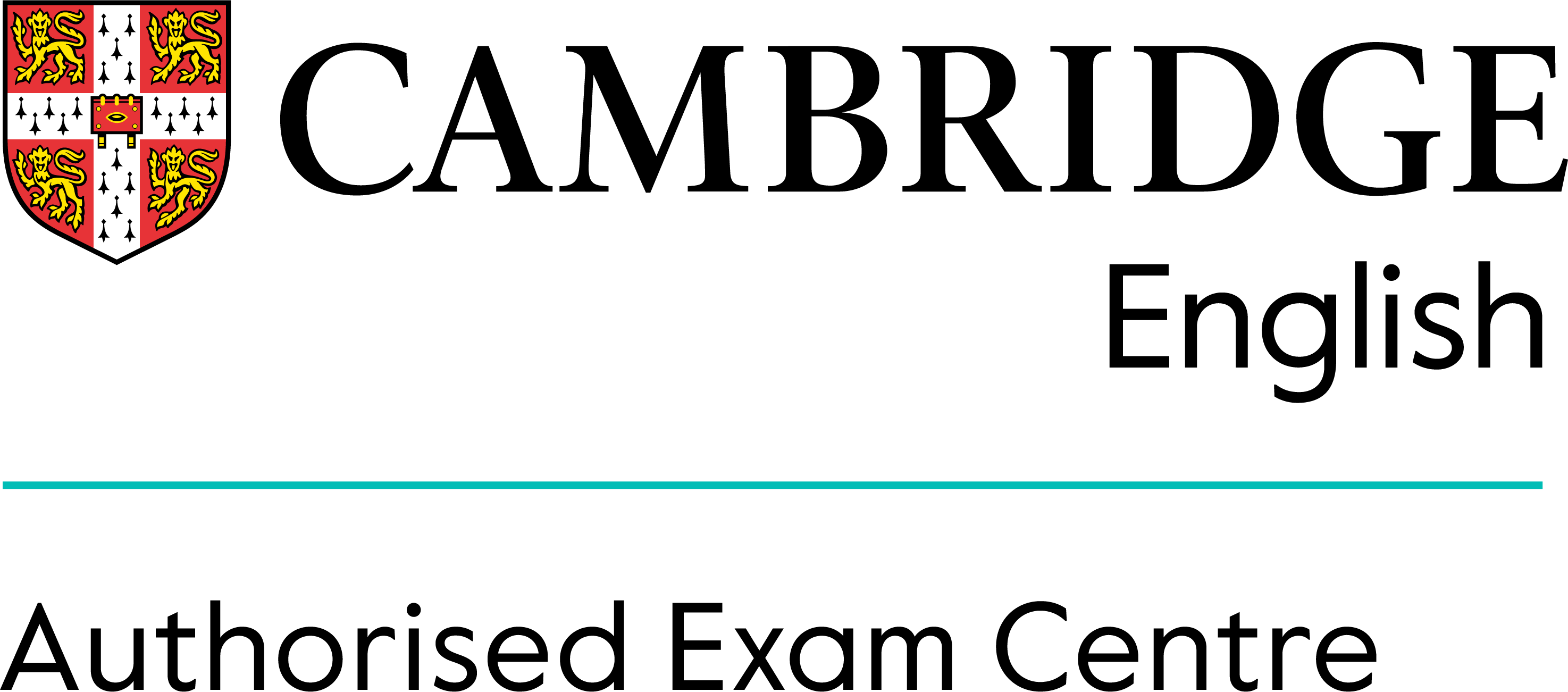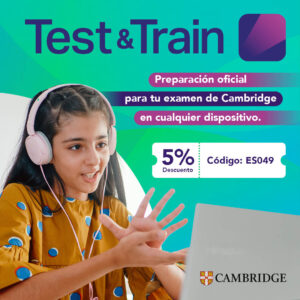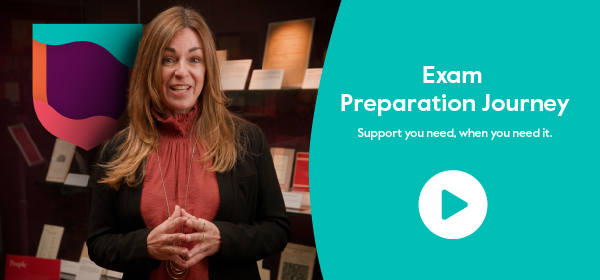Soporte para profesores y escuelas
Test&Train
Cambridge University Press & Assessment CATALOGUE
Teachers' Newsletter - March 2024
Webinars
|
Dear teacher,
We’re excited to bring you our next set of NEW webinars for January and February 2024.
All of our teacher webinars will last 1 hour and you will receive a certificate of attendance and recording within a week of the webinar. From research to practice: using GenAI with Cambridge materialsJoin us for an exciting webinar on GenAI, where we’ll explore the latest research on teacher perceptions and delve into practical applications for English classrooms. Discover how GenAI can assist you in everyday teaching, from enhancing grammar instruction to fostering creativity and critical thinking skills. Hosted by a member of the Cambridge research team and a teacher practitioner, this session will bridge the latest insights and practical applications to bring you the perfect mix of actionable tips and pedagogically sound best practice.
When? Tuesday 30 January, 10:00 (GMT) Thursday 1 February, 16:00 (GMT) |
|
|
Oracy: Speaking for success in the primary classroomOracy skills will help give a child the confidence to stand up and talk in front of an audience, discuss ideas respectfully in a group and work with others to resolve conflicts. In this webinar, we’ll explore what oracy is, and cover a range of practical ways to develop oracy in the primary classroom to help children succeed in school, in exams and build communication skills for life.
When? Tuesday 6 February, 10:00 (GMT) Thursday 8 February, 16:00 (GMT) |
|
|
Everything you want to know about Cambridge English Qualifications Digital: Panel Q&A discussionThis webinar is your chance to ask our panel of experts any questions you have about Cambridge English Qualifications Digital. We are joined by experts on exam content for all levels of the exam A2 Key for Schools – C2 Proficiency, preparation materials and resources as well as specialists on the new digital platform. Please send us your questions in advance, so that our panel of experts can answer them in a round-table discussion. Click on the link below to submit your questions When? Tuesday 20 February, 10:00 (GMT) Thursday 22 February, 16:00 (GMT) |
|
|
Missed a webinar?If you weren’t able to join us live for our recent webinars for teachers, don’t worry – we recorded them and added them to our YouTube channel so you can watch them at a time that suits you. |
Supporting you at the start of the school year
The start of the academic year is the perfect time to explain the benefits of Cambridge English Qualifications to both students and parents.
Whilst your school may have already decided to offer Cambridge English Qualifications, some parents will need more information to understand the value of learning and assessing English.
Our level-based exams provide a clear path for developing English language skills, step by step. This clear path for progression inspires learners to go further, opening doors to exciting higher education and workplace opportunities.

Helpful timeline
Don’t forget to use our helpful timeline to plan your school year!
It includes useful tips and links to resources for teachers preparing students for Cambridge English Qualifications.

Teaching activities
Happy teaching!
New! Fun poster activities help prepare school students for the revised exams
Our updated A2 Key, A2 Key for Schools, B1 Preliminary and B1 Preliminary for Schools exams will be going live in January 2020.
To help you prepare students, we’ve created colourful classroom posters that include words from the updated wordlists. They encourage students to develop their speaking, listening, pronunciation and vocabulary. Each set of posters also includes a range of classroom activities.
Here are some examples of the classroom activities you can try – they’re fun and require no preparation!
20 questions
Put students in groups of three or four. One student chooses a word from one of the posters but doesn’t tell anyone what it is. The other group members take it in turns to ask questions to guess the word. Example questions for the food poster: Is it a feeling? ‘No.’ Is it a place? ‘No.’ Do you eat it? ‘Yes.’ Is it sweet? ‘Yes.’ Is it healthy? ‘No.’ Is it ice cream? ‘YES!’
Quick stories
Challenge your students to write a story in 35 words using as many words from the poster as possible. You could adapt this and ask students to make a dialogue instead – they could then act them out!
Student-created memory cards
Students cut up paper to make 20 squares (this could be more or fewer). In pairs, students choose ten words from the poster to draw as pictures on different squares. They then write the vocabulary to match the pictures on the other 10 squares. Once they have finished, they can play Pelmanism together by turning the squares over so the pictures and words are not visible. Each person takes it in turns to choose two squares. They must find the word that matches the picture. If they find a pair, they keep it. This can be adapted depending on the level of the class – students could make a complete sentence using the word when they find the matching pair.
Download the posters and classroom activities for:
Teaching resources
A4 Flyers in English and Spanish
We have A4 Flyers that include all the benefits, facts and resour
The perfect hook to convince schools and PLSs!
Pruebas Preliminares (Pretesting)
Las pruebas preliminares son una excelente manera de preparar a tus alumnos para el día del examen, ya que tienen ejemplos de preguntas y condiciones similares a un examen real de Cambridge English. También nos sirve para cerciorarnos de que nuestros exámenes son precisos e imparciales.
Estas pruebas inspiran confianza a los alumnos a la hora de afrontar su examen final, además de ofrecerte la información que necesitas sobre el desempeño de tus alumnos y poder entender así, dónde necesitan mejorar.






